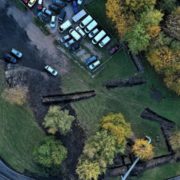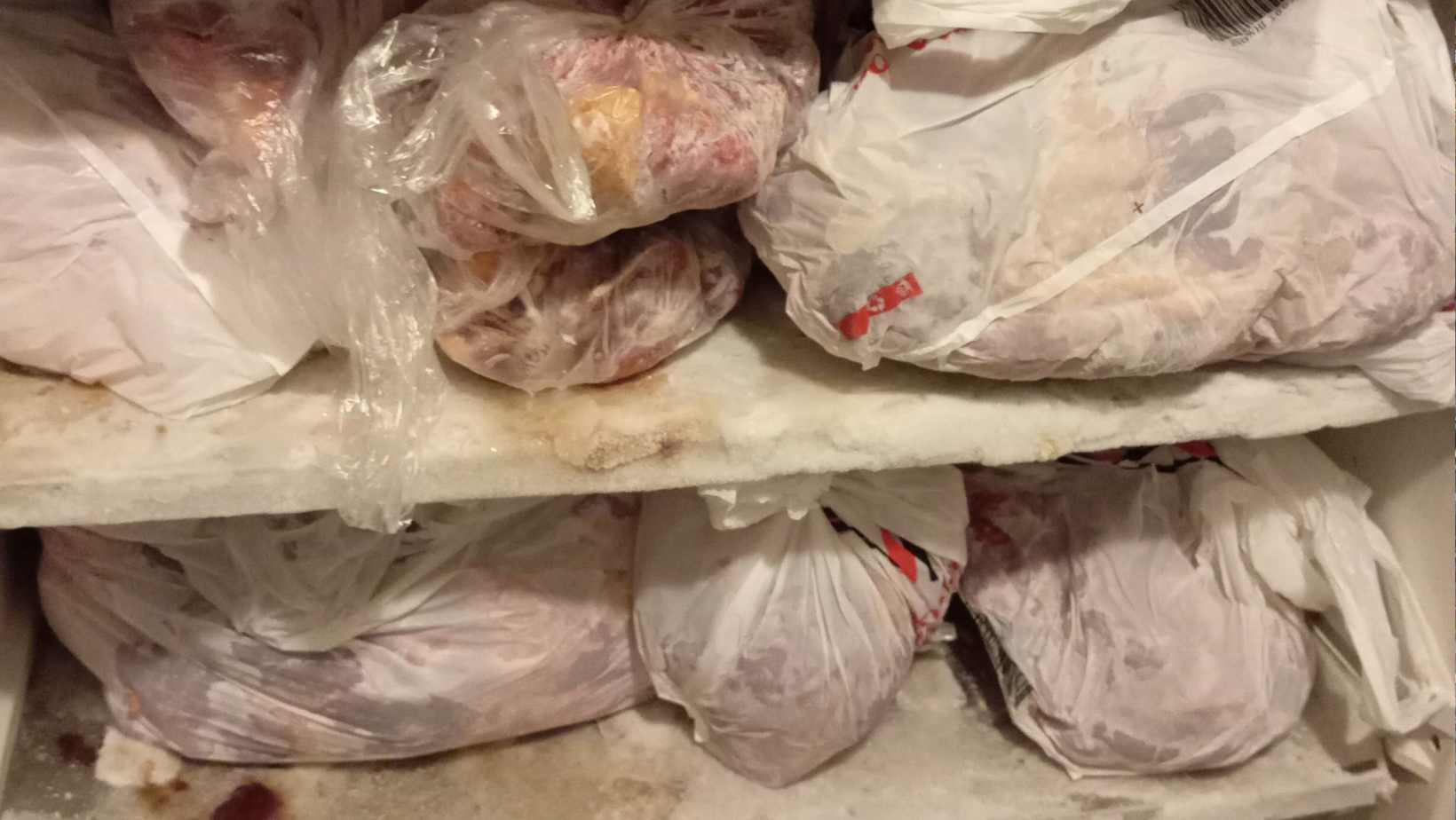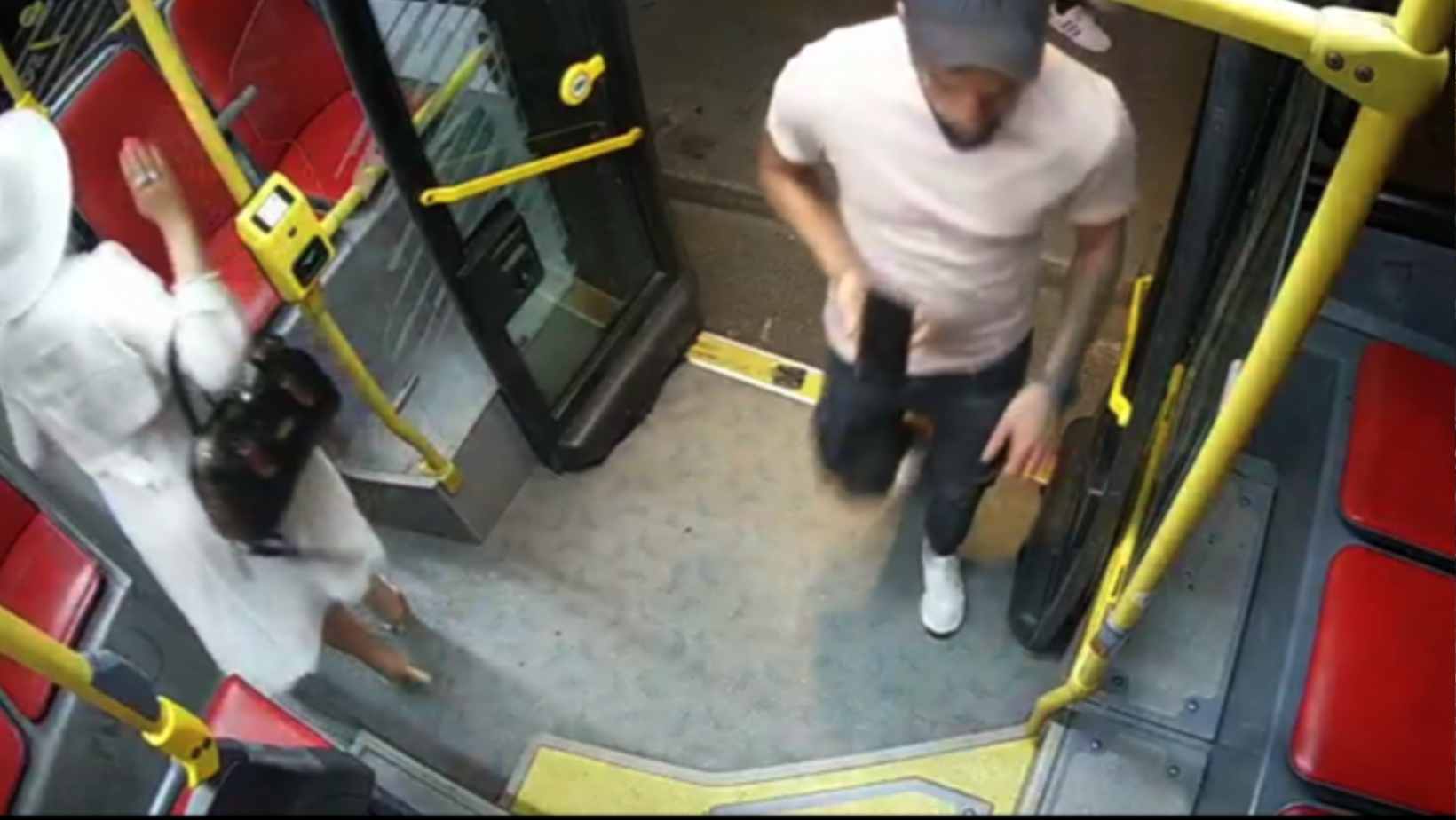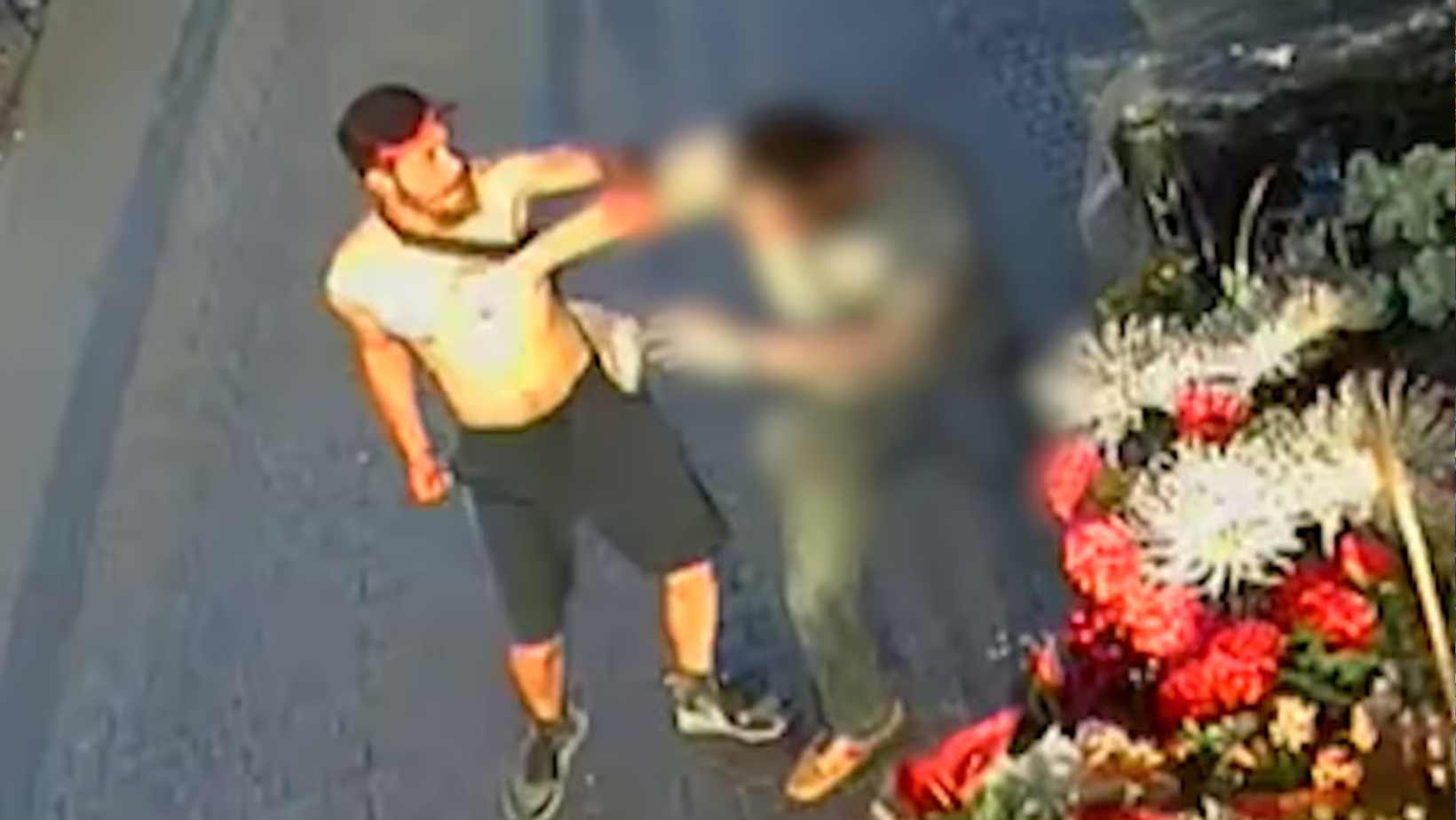Archaeologists have found the remains of yet another World War II-era concentration camp for Romani people in Liberec; after the Romani prisoners were sent to their deaths in other camps, French prisoners of war were then imprisoned there as well.
Traces found by the archaeologists include tin cups, dish fragments, brick floors, and foundations.
The site is one of four Romani internment camps that had been built in the city of Liberec. Historical records indicate that at least 130 Romani people were held at this camp by the Nazis between 1941 and 1943, when they were transferred to larger death camps such as Ravensbrück, Buchenwald, and Auschwitz.
The Romani people who were held in the camp were forced to work on building the nearby housing estate of Králův Háj.
“They usually stayed in the camp a year or two. They were here until they were sent to the big concentration camps, the women were sent to Ravensbrück and the men were sent to Buchenwald and to Auschwitz. They murdered them there, nobody survived,” said Ivan Rous of the North Bohemian Museum in Liberec.
Archaeologist Petr Brestovanský said the building had been constructed with forced Romani labor. The camp later held French prisoners who were forced to work in a nearby quarry, he added.
The archaeologist considers the finding to be significant even if part of the building’s foundations were destroyed previously during the construction of a steam pipeline. “I think there are not very many such places in the country,” added Rous.
The investigation of this history was launched by a small reference in a brochure entitled “Liberec in the Shadow of Nazism”, (“Liberec ve stínu nacismu“), which stated that one camp for Romani people had been located in the area of the intersection of Broumovská, Jablonecká and Kunratická Streets.
The first details about the issue of the camps for Romani people in Liberec, however, were not brought forth until the 2010 oral history of Mr. Rado Faltis, who specified the location of that camp and led us to track down a direct Romani eyewitness to the camp, Růžena B., who survived the entire war through enormous luck together with her parents and siblings.
-
NEWSLETTER
Subscribe for our daily news










